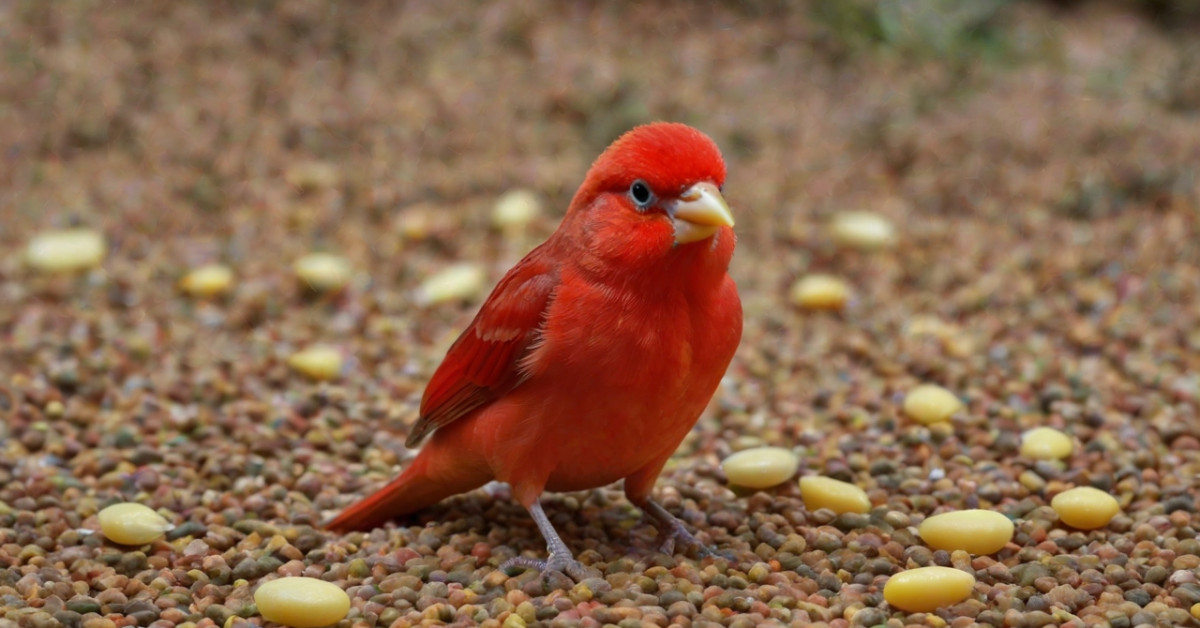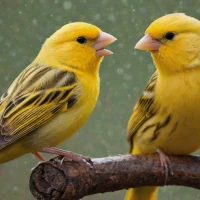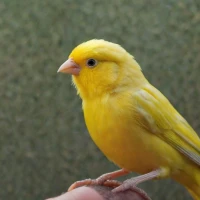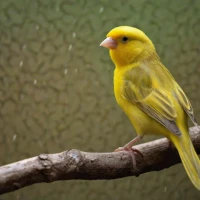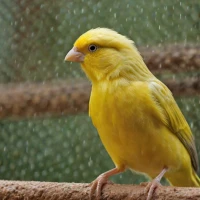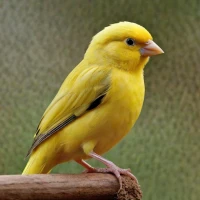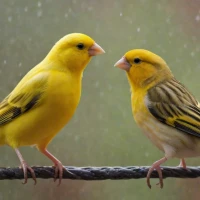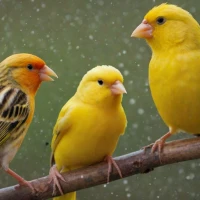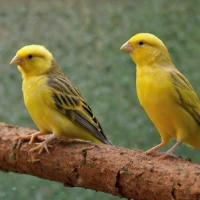My Journey with Red Canary Bird Nutrition
Ah, where do I even start? There was that one spring morning when I first saw a red canary perched outside my window, its vibrant plumage catching the sunlight just right 🌞. I was instantly fascinated. Not just by its beauty, but also by how to keep such a radiant creature in top-notch health. Little did I know, this curiosity would lead me down a rabbit hole (or should I say bird’s nest?) of nutrition science and avian care.
The Basics of Red Canary Nutrition: What They Need
You might think feeding a red canary is as straightforward as offering seeds and water. Well, that’s where I made my first boo-boo. What we need to understand here is that canaries, especially the red ones, require a balanced diet that goes beyond just seeds. Seeds are calorie-dense but lack essential nutrients. A varied diet can prevent deficiencies that may affect their lovely bright red feathers.
Essential Nutrients for Red Canaries
Here’s something I found out the hard way: carotenes. Yep, those little compounds are vital for maintaining the vibrant red color in our feathery friends. Carrots, sweet potatoes, and red peppers, rich in beta-carotene, should be a part of the canary’s diet. But hey, don’t stop there. Their diet should also consist of leafy greens like spinach and kale, which are packed with vitamins and minerals essential for overall health.
Speaking of vitamins, vitamin A is crucial. Your canary needs this for immune function and to keep those feathers looking their ravishing best. And don’t forget about calcium; a deficiency can lead to weak bones and poor egg production in female canaries.
Supplements: Do They Need Them?
There’s a common debate among bird lovers: to supplement or not to supplement? 🦜 My take on it? Absolutely, yes. But, it needs to be done correctly. Calcium and vitamin D3 supplements can be beneficial, especially during breeding season. Just sprinkle a bit on their food, but make sure not to overdo it. Over-supplementation can be just as harmful as deficiencies.
The Role of Fresh Water
I can’t stress this enough. Fresh water is essential, but it’s something that can sometimes be overlooked. Water should be changed daily, if not twice a day. Filtration systems can be helpful, but even a simple routine of dish cleaning does wonders to keep your canary hydrated and healthy.
The Pitfalls of Poor Nutrition
One of the saddest stories involves a friend of mine who didn’t realize her canary was suffering from malnutrition until it was too late. Fluffy’s plumage became dull, and he became lethargic. Turns out, he was being fed an all-seed diet. Fluffy’s ordeal taught me a lesson I’ll never forget: good intentions aren’t enough; you need the right information.
Unusual but Beneficial Foods
Believe it or not, red canaries can also benefit from occasional treats like boiled eggs and legumes. These provide protein essential for growth and feather upkeep. I usually mash the boiled egg and mix it with other veggies. Not too often, but a nice change-up once in a while.
How Diet Affects Behavior
Do you know what’s fascinating? The link between food and behavior. When Ruby, my most beloved red canary, started picking at her feathers, I was bewildered. After doing some extensive research and consulting with a vet, I realized that a lack of certain nutrients was leading to behavioral issues. Adding more variety into her diet worked wonders.
Avoiding Junk Food: What Not to Feed
While sharing your snack with your canary might seem harmless, a lot of human food is definitely off-limits. No chocolate, no salty snacks, and absolutely no caffeine. Birds have much faster metabolisms than us, and these foods can be toxic to them.
Making Food Fun: Enrichment Feeding
I read somewhere that in the wild, birds spend most of their day foraging for food. I’ve tried to replicate this with Ruby by hiding her treats in a puzzle feeder. This keeps her mentally stimulated and physically active. And you know what? It’s incredibly fun to watch her figure it out.
Personal Reflection
Overall, investing time to learn about proper nutrition for red canaries has been incredibly rewarding. It’s a journey that not only makes these little birds thrive but also fills your heart with joy seeing them in their full glory.
In closing, feeding your red canary isn’t just about filling a dish with seeds. It’s a labor of love that requires attention to detail, and a bit of trial and error. Thanks for reading all about my adventures with red canary nutrition! Always remember, healthy canaries are happy canaries! 🌟
Thank you all for sticking around. Live, laugh, and keep chirping! 🐦
And oh, did you know that canaries were historically used in coal mines to detect toxic gases? They are literally life-savers!
Catch you later, bird lovers! 🐥
